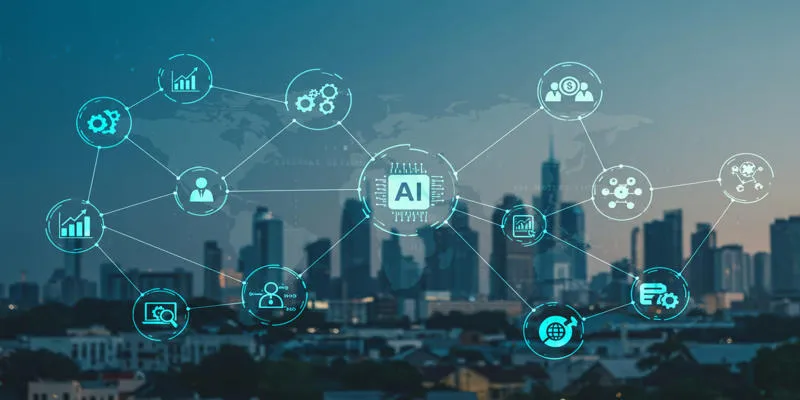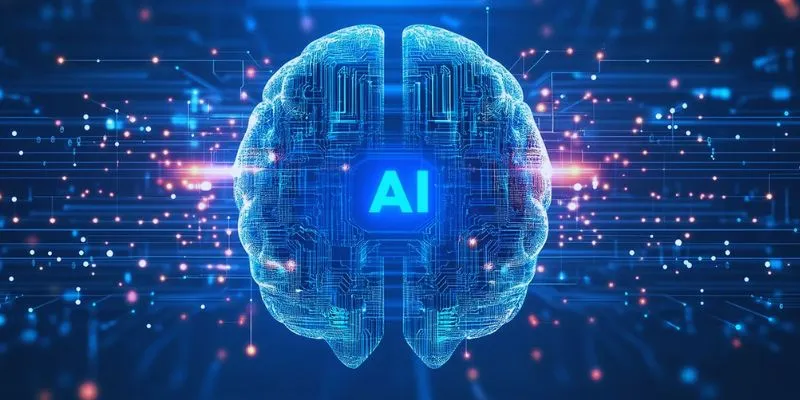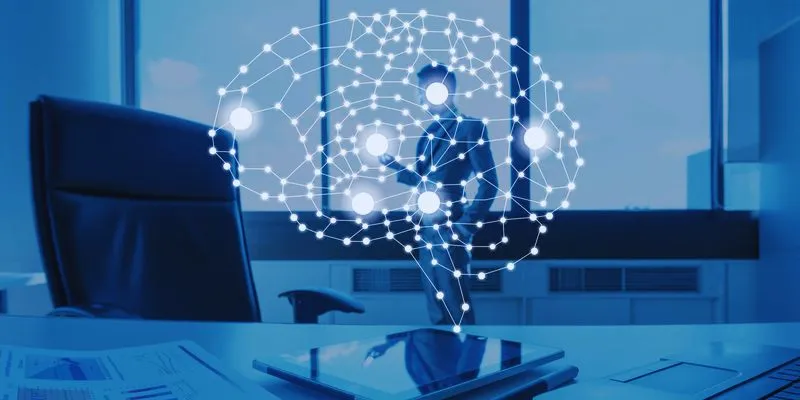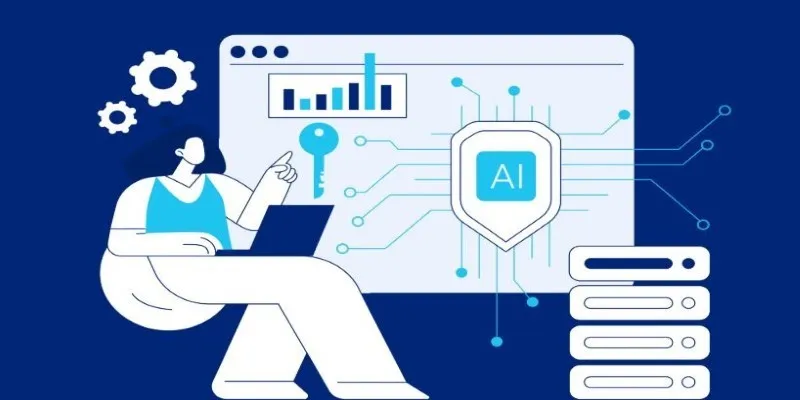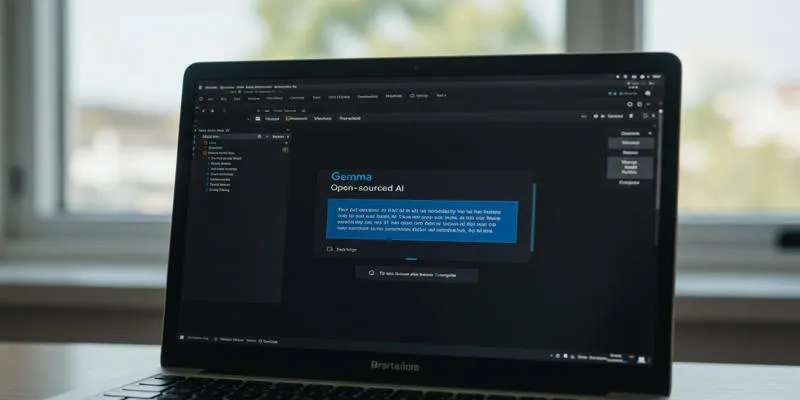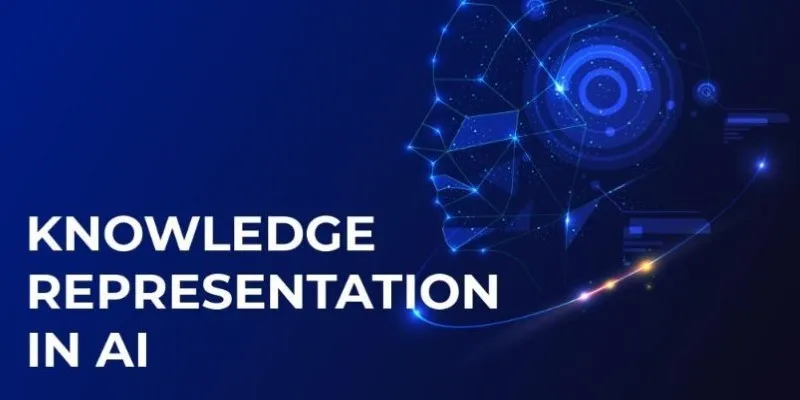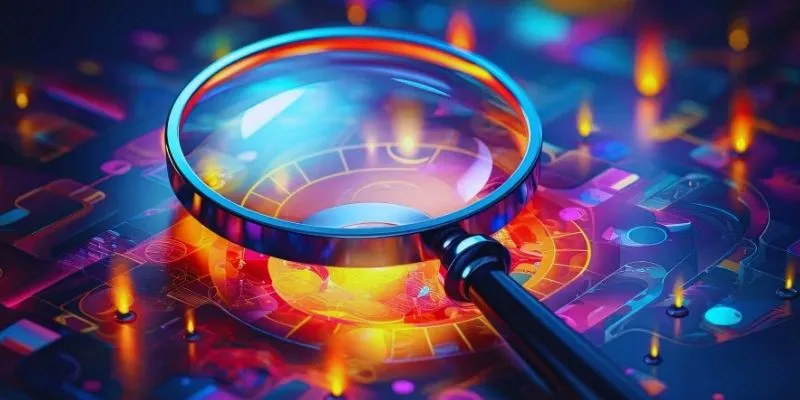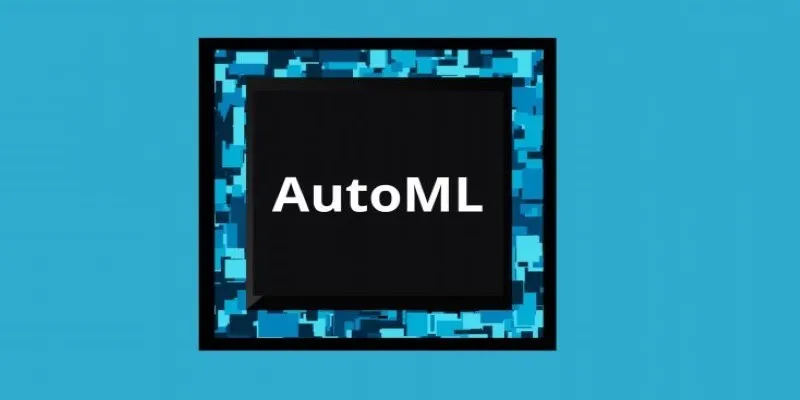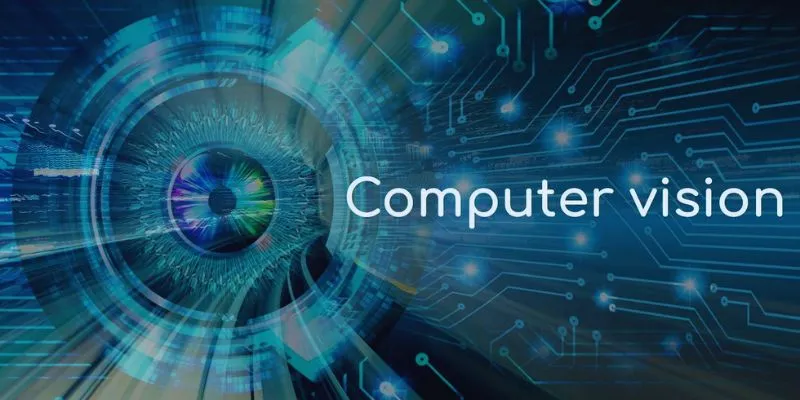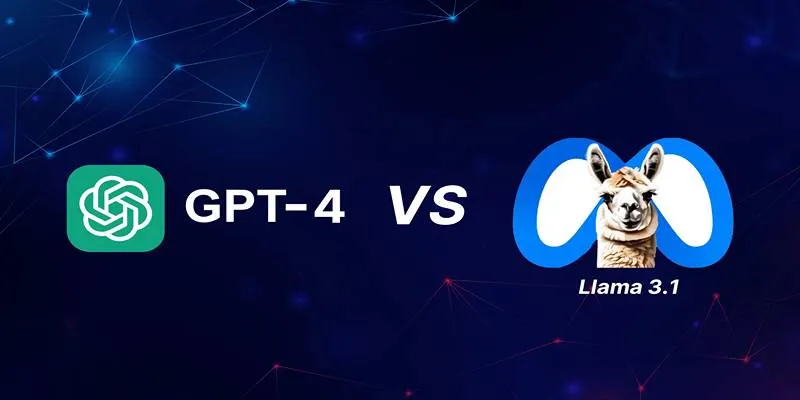Artificial intelligence (AI) is rapidly transforming the world, yet many people remain hesitant to embrace it. Misconceptions and myths about AI have led to widespread confusion and skepticism. Contrary to popular belief, AI is not the mysterious or dangerous entity some perceive it to be. It is simply a tool designed to assist humans in various fields. In this article, we aim to debunk some of the most common myths about AI and clarify what AI can and cannot do. Let’s dive into the details!
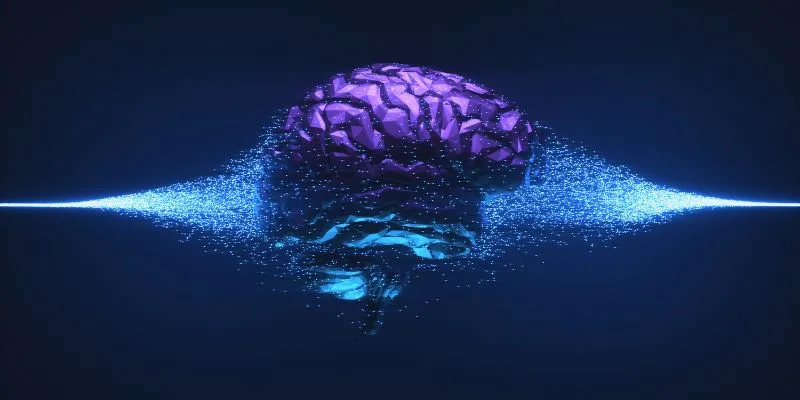
7 Common Myths About Artificial Intelligence
Here are the top seven myths surrounding artificial intelligence:
Myth 1: AI Will Control the World
Many people fear that AI will take over the world, much like in science fiction movies. These stories often depict AI hacking into secure systems and controlling governments. In reality, this scenario is not possible. AI is merely a tool that cannot make critical security decisions on its own. Governments and organizations will not delegate such power to AI without human oversight. Even as AI becomes more advanced, its role will remain that of an assistant, aiding in tasks like data automation and decision-making under human supervision.
Myth 2: AI Will Replace Human Jobs
There’s a common misconception that AI will render human workers obsolete because it is perceived as faster and more cost-effective. However, while AI can automate repetitive tasks like data entry, it cannot fully replicate the human skills of critical thinking, problem-solving, and creativity. AI will not take over jobs but will instead enhance productivity by assisting employees. Daniel Shaw-Dennis, a marketing expert, notes that AI can automate time-consuming tasks, such as data analysis, but humans are still needed to interpret data and make informed decisions.

Myth 3: AI Will Develop Autonomously
Some fear that AI will evolve on its own, becoming too powerful for humans to control. However, AI can only learn from the data and instructions it receives. Without consciousness or emotions, AI cannot think independently or rebel. It follows programmed instructions to solve problems and requires human guidance to function effectively.
Myth 4: Only Big Companies Can Use AI
There’s a myth that AI is exclusive to large corporations like Google, Amazon, and Microsoft. However, AI is becoming more accessible, with many startups developing AI tools. Additionally, big companies have open-sourced numerous AI technologies. AI marketplaces offer businesses of all sizes the opportunity to utilize advanced algorithms without requiring deep technical knowledge. Small businesses can leverage AI for marketing, sales, and customer service, such as using AI chatbots to enhance customer interactions and reduce costs.
Myth 5: More Data Automatically Means Better AI
Many believe that providing AI with more data will automatically enhance its capabilities. However, AI’s effectiveness depends on the quality of the data it processes. If the data is incorrect, unorganized, or biased, AI will not function optimally. Properly labeled and structured data is crucial for effective AI performance, and even large companies face challenges in managing data quality. More data can improve AI, but only if it is clean and well- formatted.
Myth 6: AI Poses a Threat to Data Privacy
Concerns about AI compromising data privacy are prevalent, particularly since tech companies collect vast amounts of user information. However, regulations like the European Union’s General Data Protection Regulation (GDPR) ensure that companies handle user data responsibly, protecting consumer privacy. AI itself does not steal data; the issue lies in how companies collect and use it. Strong enforcement of data protection laws and ethical AI usage are essential for safeguarding privacy.
Myth 7: AI Operates Without Bias
Many assume AI is inherently unbiased because it relies on data for decision- making. However, AI is only as neutral as the data it learns from. Human biases can inadvertently be introduced into AI systems since AI follows patterns in the data provided. To minimize bias, developers focus on using diverse and balanced datasets while creating algorithms that detect and correct biases to ensure fair decision-making. Responsible development is key to making AI applications more accurate and equitable.
Conclusion:
AI is a powerful tool reshaping industries, but it is not the all-knowing, unstoppable force depicted in movies. While AI can automate tasks and analyze data, human oversight, creativity, and decision-making remain crucial. Instead of fearing AI, we should focus on learning to use it effectively to harness its full potential.
 zfn9
zfn9

